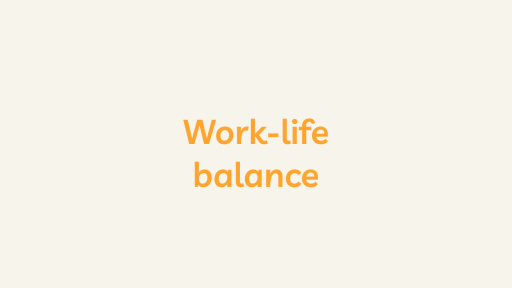What is a Zero-hours contract?
A zero-hours contract is an employment contract where an employee is not guaranteed any set number of working hours by their employer. The employee is typically required to be available for work when called upon by the employer, but the employer is not obligated to offer them any work.
Zero-hours contracts have become increasingly common in recent years, particularly in hospitality, retail, and healthcare industries. Proponents of these contracts argue that they provide flexibility for both employers and employees, allowing employers to manage their staffing needs more efficiently and allowing employees to work on their own terms.
However, critics of zero-hours contracts argue that they create uncertainty and insecurity for workers, who may not know when or if they will be offered work, making it difficult to plan their finances and personal lives. Employees on zero-hours contracts may also not be eligible for the same benefits and protections as those on more traditional employment contracts, such as sick pay, holiday pay, and parental leave.
In response to these concerns, some countries have introduced legislation to regulate the use of zero-hours contracts. For example, in the UK, workers on zero-hours contracts have the right to request a more stable and predictable contract after working for a certain period of time. Additionally, employers must pay workers on zero-hours contracts the same hourly rate as those on more traditional contracts.
Zero-hours contracts exist in several countries worldwide, but they are most commonly used in the United Kingdom, which has become particularly widespread in recent years.
In some countries, such as Australia and Canada, zero-hours contracts are more commonly called “casual contracts” or “on-call contracts.” However, the basic principles are the same – employees are not guaranteed a set number of hours and are only called in to work when needed by their employer.





